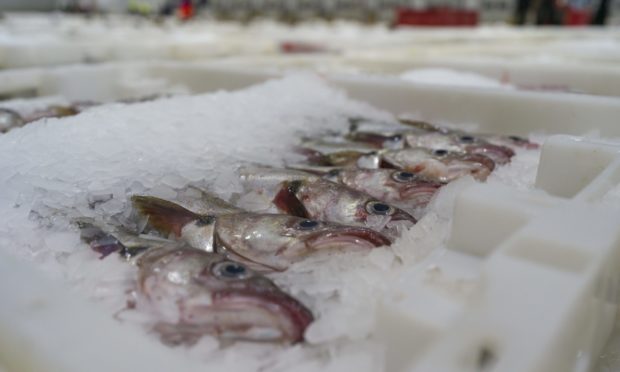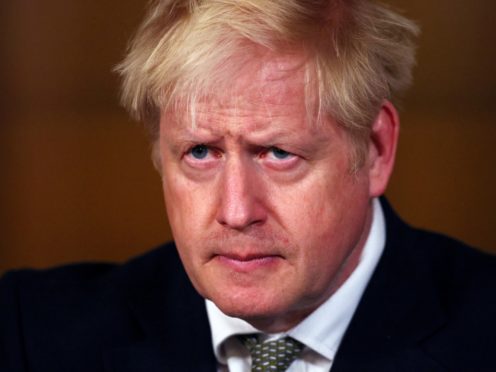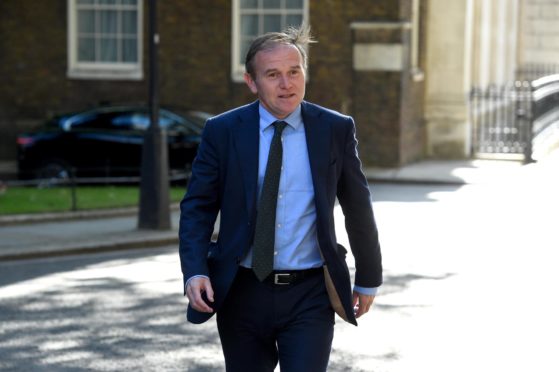Boris Johnson has promised not to sell out British fishermen and has called on the EU to drop their “derisory” demands, as Brexit talks enter their week.
The UK’s negotiating position is that more than half the fish in British waters should be reserved for UK-based fishing vessels.
But the EU’s current offer would allow only the repatriation of between 10% and 20% of stocks, a figure described as “derisory” by government officials.
“The figure is in the teens, percentage wise,” a senior government source told the Sunday Times. “It’s ridiculous.”
Both sides have agreed November 23 is the new deadline for a trade deal, or the sides will prepared to trade on World Trade Organisation terms.

Mr Johnson reportedly told aides last week that he was not prepared to settle on fishing, citing the example of the former Tory prime minister Edward Heath, whose name is still a byword for betrayal in fishing communities.
“He has been going around all week saying that he’s not prepared to be the new Ted Heath,” another official said.
Difficult sticking point
Environment Secretary George Eustice, appearing on Sky News, said “there is some way between us” when asked about the UK and EU’s position on fisheries policy.
He said: “At the moment they’re arguing that they should have effectively eternal access to our waters and that that shouldn’t be varied from one year to the next.
“And that’s obviously quite a difficult sticking point. And yes it’s the case that at the moment we have about half the fish in our own waters, the other half are given away to the EU.
“We want something that is more balanced, that’s more scientific, that’s based on what’s called zonal attachment, which is where the fish are actually to be found and reside. That’s a sensible, modern, scientific way to share stocks.
“And yes the EU obviously have enjoyed a lot of access to our water in the past and have taken quite a lot of fish out of our waters. I suppose it’s natural that they’d want to continue to do that.
“But they do have to accept that there are certain consequences from the UK leaving the EU and becoming an independent country again.”
Irish foreign minister Simon Coveney warned that the EU was prepared to walk away from talks on the issue of fisheries.
He said: “If the UK side takes an approach of, ‘let’s get everything else agreed and then, let’s say to the EU surely we’re not going to allow this to collapse on fishing’, that is a negotiating tactic that won’t work.
“Like everything here, there’s a middle ground position that’s needed.”

